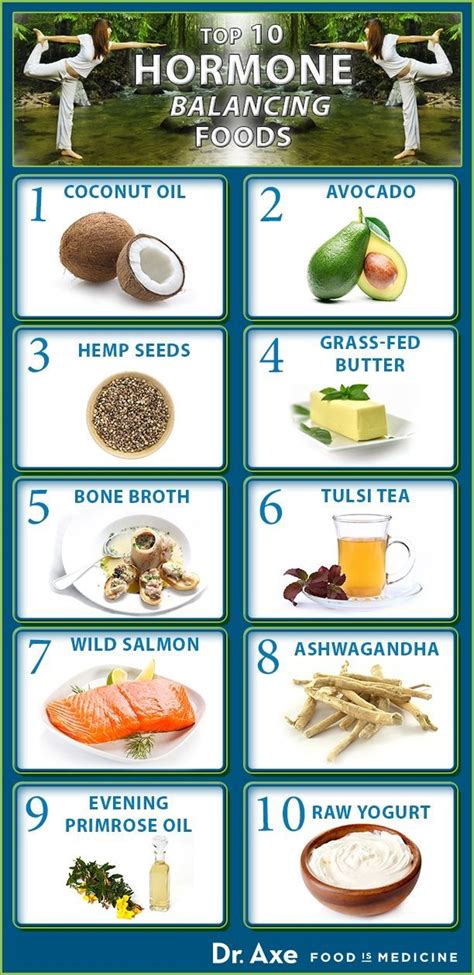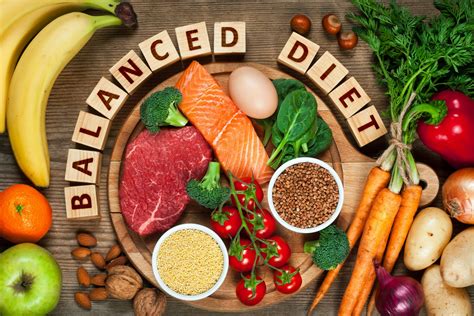Testosterone is a cornerstone of male health, playing a critical role in muscle mass, bone density, fat distribution, red blood cell production, libido, and energy levels. As men age, testosterone levels naturally decline, often leading to reduced energy, decreased muscle mass, and other noticeable changes. While medical interventions exist, many men are seeking natural, sustainable ways to optimize their testosterone for enhanced vitality and physical performance.
Harness the Power of Strength Training and HIIT
One of the most effective natural methods for boosting testosterone is through exercise, particularly strength training and high-intensity interval training (HIIT). Compound exercises like squats, deadlifts, bench presses, and overhead presses, which engage multiple muscle groups, have been shown to stimulate a significant testosterone response. Aim for heavy lifts with adequate rest periods.
HIIT, characterized by short bursts of intense exercise followed by brief recovery periods, is another powerful tool. Studies suggest that both types of training can lead to acute and chronic increases in testosterone levels, supporting muscle growth and overall energy.

Optimize Your Nutrition for Hormone Production
What you eat directly impacts your hormone balance. To naturally boost testosterone, focus on a diet rich in whole foods, emphasizing healthy fats, adequate protein, and essential micronutrients.
- Healthy Fats: Don’t shy away from healthy fats found in avocados, nuts, seeds, olive oil, and fatty fish. These are crucial building blocks for testosterone production.
- Adequate Protein: Ensure sufficient protein intake from sources like lean meats, poultry, fish, eggs, and legumes to support muscle maintenance and growth, indirectly aiding testosterone’s effects.
- Zinc: This mineral is vital for testosterone production. Good sources include oysters, red meat, poultry, beans, nuts, and fortified cereals.
- Vitamin D: Often called the ‘sunshine vitamin,’ Vitamin D acts as a steroid hormone in the body and is strongly linked to testosterone levels. Get regular sun exposure, consume fatty fish, or consider supplementation.

Prioritize Quality Sleep for Optimal Hormone Regulation
Sleep is not merely rest; it’s a critical period for hormone regulation and repair. Chronic sleep deprivation can significantly lower testosterone levels. Research indicates that even a week of restricted sleep can drastically reduce T-levels in young, healthy men. Aim for 7-9 hours of high-quality sleep per night.
To improve your sleep quality:
- Maintain a consistent sleep schedule, even on weekends.
- Create a dark, cool, and quiet bedroom environment.
- Avoid screens (phones, tablets, computers) for at least an hour before bed.
- Limit caffeine and alcohol intake, especially in the evening.

Master Stress Management to Combat Cortisol
In today’s fast-paced world, chronic stress is a common culprit behind many health issues, including low testosterone. When you’re stressed, your body releases cortisol, the stress hormone. High cortisol levels can directly suppress testosterone production. Therefore, effectively managing stress is paramount for hormone balance.
Incorporate stress-reducing practices into your daily routine:
- Meditation and Mindfulness: Even short daily sessions can significantly reduce stress.
- Yoga and Deep Breathing: These practices promote relaxation and lower cortisol.
- Time in Nature: Spending time outdoors has been shown to reduce stress and improve mood.
- Hobbies and Social Connection: Engage in activities you enjoy and maintain strong social ties.

Address Crucial Lifestyle Factors: Alcohol and Environmental Toxins
Beyond diet, exercise, and sleep, other lifestyle choices can impact your testosterone levels.
- Moderate Alcohol Intake: Excessive alcohol consumption has been shown to impair testosterone production. Limiting alcohol or avoiding it altogether can support healthier hormone levels.
- Avoid Endocrine Disruptors: Be mindful of exposure to xenoestrogens and other endocrine-disrupting chemicals found in plastics (BPA, phthalates), pesticides, and certain personal care products. Opt for glass containers, filter your water, and choose natural, chemical-free alternatives where possible.

Conclusion
Boosting testosterone naturally is a holistic endeavor that requires a multifaceted approach. By consistently incorporating strength training and HIIT, optimizing your nutrition, prioritizing quality sleep, effectively managing stress, and making conscious lifestyle choices, men can significantly enhance their natural testosterone production. This comprehensive strategy not only supports increased muscle mass and energy but also contributes to overall well-being, mood stability, and vitality. While these natural methods are powerful, it’s always advisable to consult with a healthcare professional if you have concerns about persistently low testosterone levels.




